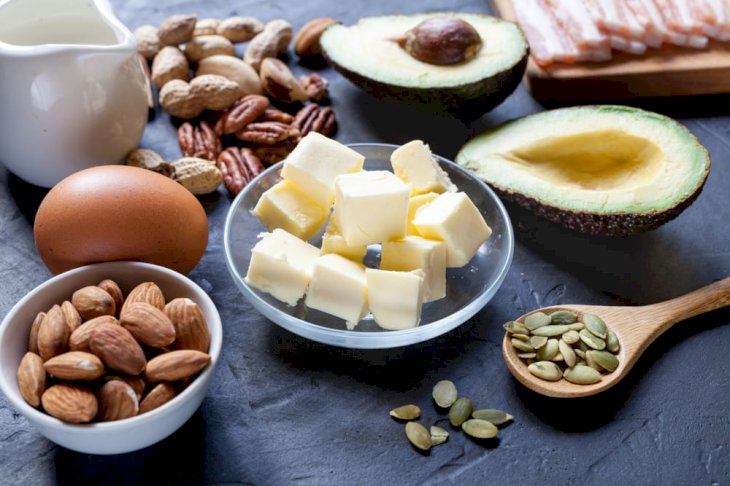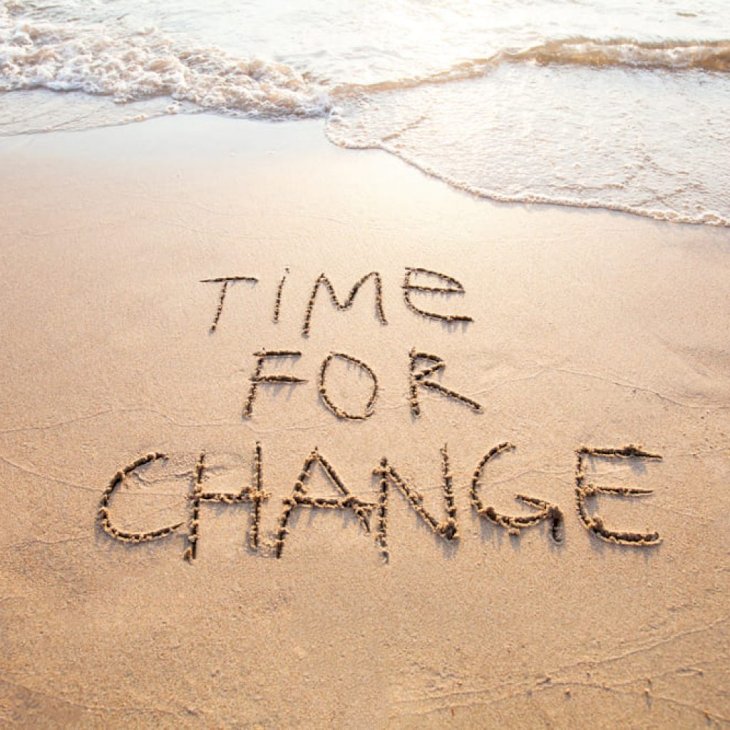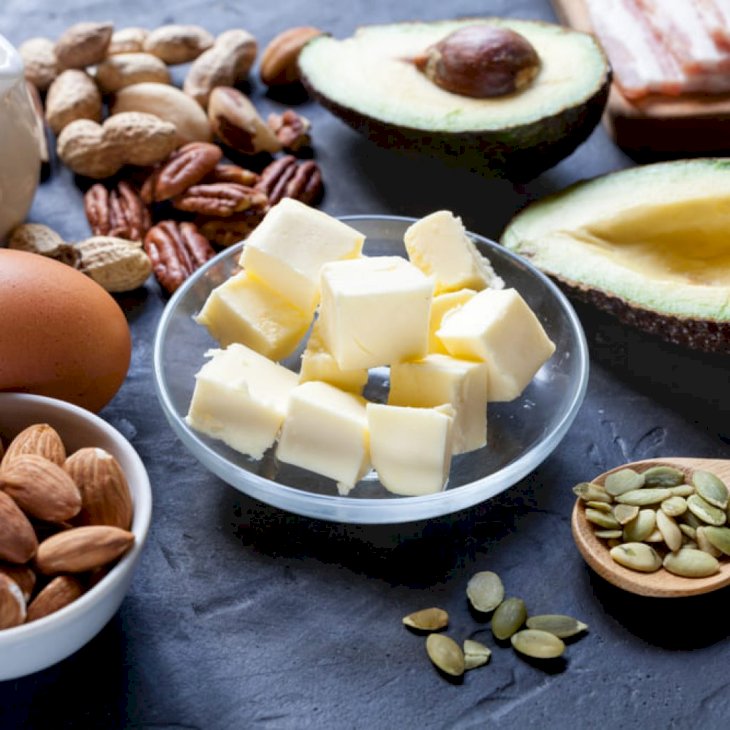
Healthy Decisions: Diets Vs. Lifestyle Changes
In recent years the term lifestyle change has become a hot trend. From magazines headlines to television many popular diets are claiming to be "lifestyle changes." The phrase has proved to be a great marketing tactic after studies proved that long-term weight loss is the result of healthy lifestyle changes and not crash diets.
So how do we differentiate between actual lifestyle changes and a diet program? First, remember that a diet program that requires you to follow a strict meal plan follows the same structure fo a traditional model of a diet and will, therefore, be extremely difficult to uphold long term.

Shutterstock
The key to a lifestyle change is that it is not temporary. Weight loss as a result of a lifestyle change happens over a several-year period and not instantly. The key to success is a slow and steady change. However, due to marketing strategies, deciding which programs are actually lifestyle changes and which are simply fad diets has become difficult. Here is a breakdown of the differences between Lifestyle Changes and Diet.
1. Length of Time

Shutterstock
Lifestyle changes are long term whereas diets tend to be temporary. An example is following a precise low-glycemic plan then stopping for a month before returning to old habits then starting again, you would be dieting. However, if you instead make the best choices based on your body's needs and meal plan accordingly each and every day to ensure you eat healthier instead of ordering takeout you have made a lifestyle change.
2. Balance

Shutterstock
Lifestyle changes promote balance whereas diets promote cutting out foods. In order to make a lifestyle change one needs to find a balance otherwise you may feel deprived and defeated over time. Cutting out food groups or denying yourself something you enjoy can become overwhelming in the long run. Flexibility plays a massive role in lifestyle changes and they often leave space to allow for small amounts of indulgence without losing focus of your ultimate goal.
3. Natural Routine & Habit

Shutterstock
While diets often mean cutting out parts of your day to fit in preparation for special meals etc, lifestyle changes become a natural part of your routine. The aim of the change is to shift your focus from actively trying to lose weight while you learn to incorporate low-glycemic foods and cut back on the number of overall calories you consume to the new actions becoming a normal part of your everyday routine.
A true lifestyle change will see you set goals and take action toward those goals over and over until the actions become habits. However, it also allows for the flexibility to try different strategies if the current path is not working within your daily activities.
4. Able to Implement Yourself

Shutterstock
One of the most important aspects of a lifestyle change is that it has to be something you can implement on your own. Many fad diets rely on following someone else’s model plan. However, this is only a temporary fix as no one is exactly the same nor do we have the same needs.
Sticking to someone else's plan for the longterm is extremely difficult especially because your own personal preferences and choices are not taken into consideration. Thus, the only person who knows your own lifestyle, its limitations and your preferences is you. Therefore, developing a healthy meal plan on your own is the most realistic approach to a lifestyle change.
If your goal is to not only lose weight but keep the weight off in the long term, then consider making a lifestyle change and not a diet. Add daily exercise and make the effort to eat healthier and make healthier choices. Lastly, always remember that good things take time so don't cut corners to reach your goals.